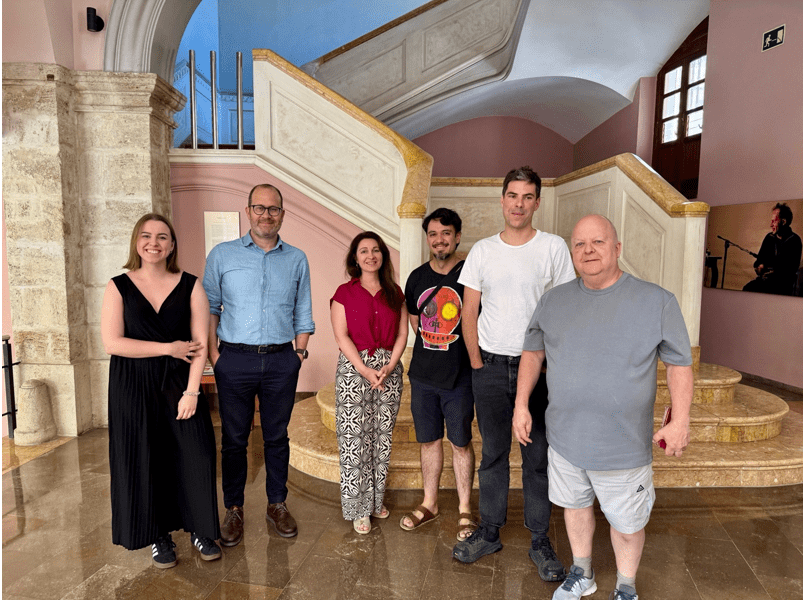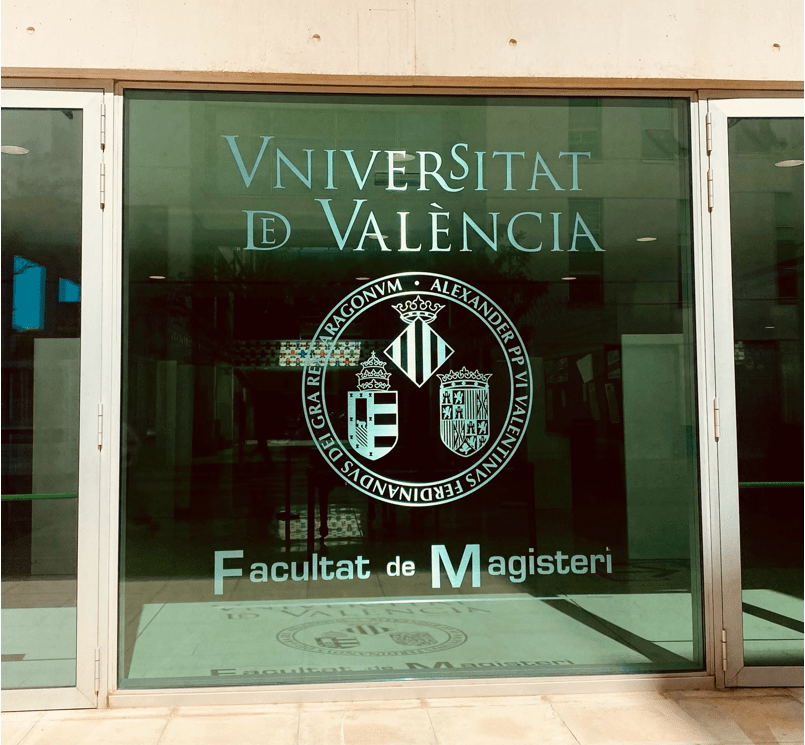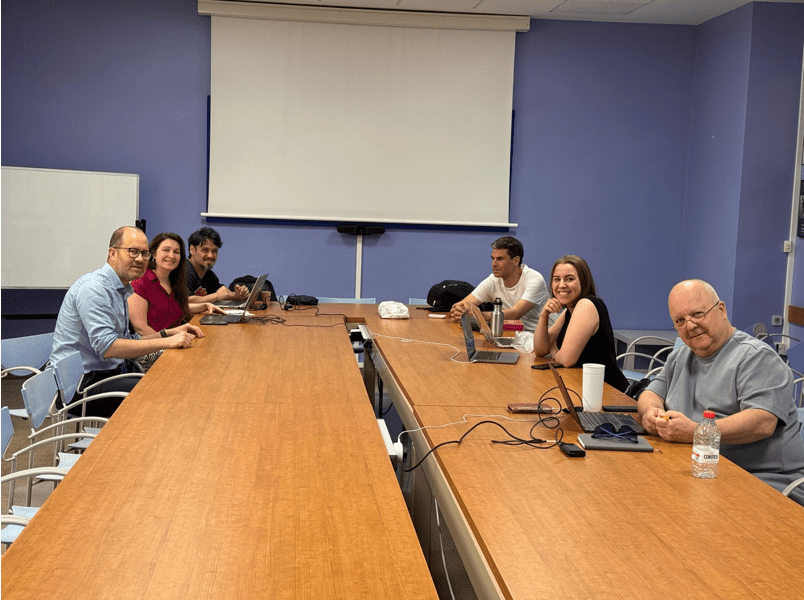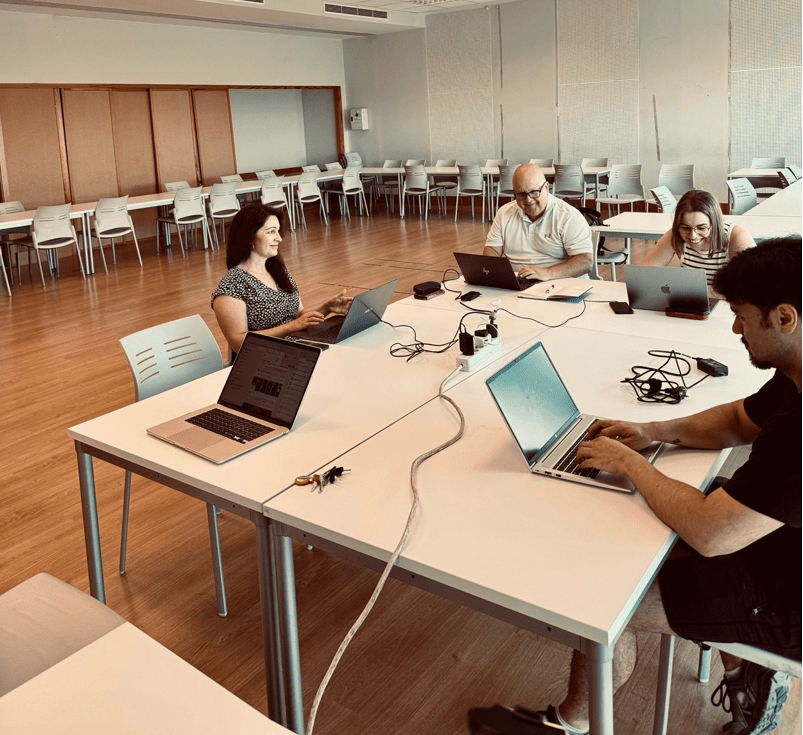At the invitation of Ferran Escrivà Llorca (Universitat de València), we recently took part in a collaborative research initiative titled “Historical Musicology in European HMEIs: Institutional Frameworks, Curricula, Research, and Future Perspectives”. This project forms part of the COST Action EarlyMuse – A New Ecosystem of Early Music Studies, which brings together researchers across Europe to examine the evolving landscape of early music education and scholarship.

Our working group included Gareth Balch (Royal Northern College of Music, UK), Sergio Cerrillo (Université de Tours, France), Christophe Levaux (Université libre de Bruxelles, Belgium), Marianna Siatkowska (University of Wrocław, Poland), and Aleksandra Pister (National Library of Lithuania). Together, we carried out a comparative study of how historical musicology is situated within Europe’s Higher Music Education Institutions (HMEIs), focusing on institutional models, curricula, research integration, and the challenges and opportunities that lie ahead.

This collaboration built on a first phase of discussion initiated in Athens during the Education Working Group (WG1) meeting and was significantly developed during our residency in València from 26 to 30 May 2025. Over the course of an intensive and engaging week hosted by the Universitat de València, we met in various locations including the Institut Interuniversitari López Piñero, the Facultat de Formació del Professorat, and the Colegio Mayor Rector Peset. These sessions combined structured group work with open conversations, allowing us to explore national contexts, institutional specificities, and shared concerns—all within the vibrant and welcoming cultural atmosphere of the city.

The report we co-authored as a result of this process offers a wide-ranging mapping of how historical musicology is currently taught and institutionalised across European HMEIs. It highlights major national and institutional differences, especially regarding faculty qualifications, the organisation of curricula, levels of research engagement, and academic mobility. It also identifies emerging trends—such as the growing expectation for conservatoire staff to engage in research, or the increasingly porous boundaries between university and conservatoire systems in some countries.

Ultimately, this work aims to stimulate broader reflection on the role of historical musicology in performance-focused institutions, and to inform future decisions in both pedagogical and policy contexts. By bringing together perspectives from diverse European contexts, we hope the report will serve as a useful resource for institutions, educators, and researchers seeking to strengthen and rethink the place of musicological knowledge within higher music education.
The full report will be made available soon on Zenodo.